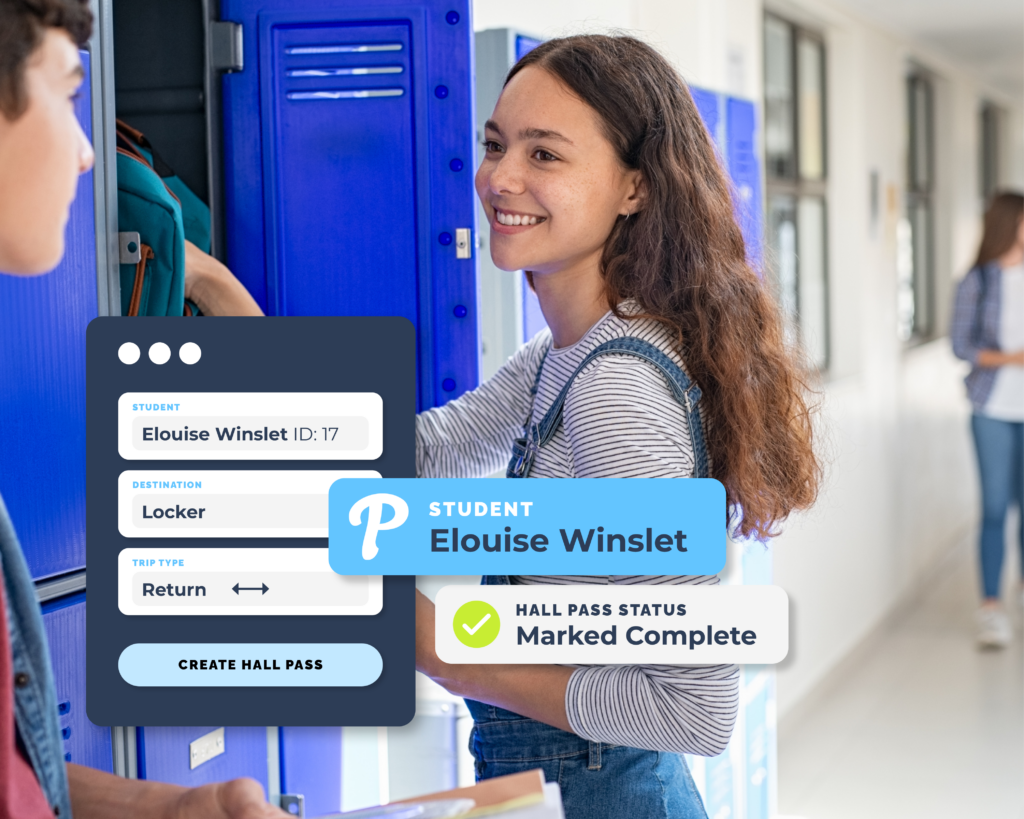Digital World
The traditional idea of the library is a thing of the past. Libraries have evolved to become hubs of technology and innovation. The days of tediously searching through rows of books to find the one you want are over. Libraries have become sources for online technology. There are so many different ways to access information today. There are now online outlets filled with information that can be searched and found in a short amount of time. It is understandable that libraries have become more technological due to the ever-increasing digital world. There has been a recent need for libraries to have more available and usable technological outlets. Students are now able to access an overabundance of information using new systems.
There is no question that libraries have always been crucial sources of information and education. Libraries are timeless and have been around for longer than most can remember. They were the first way that the common person could gain an infinite amount of information, and for free. They have been the catalyst to sparking ideas, innovation, and creativity. When they recently started disappearing, people were surprised and concerned. Many people saw the diminishing of traditional libraries a negative. But it is important to keep in mind that change is not always a bad thing. The transformation of a conventional library into a center for technology is extremely beneficial to our increasingly digital world. In fact, information has become so heavily Internet based that a digital library has been created. A digital library or electronic library has a wide collection of digitalized material and access to a number of online services. There has been a sizable shift from paper and books to using online resources for learning. Students particularly use these resources in order to study. The demands of online researching called for libraries to begin transitioning to web-based systems. Online methods of accessing information are some of the fastest, most efficient, and smartest ways for students to get work done.
Students particularly require information to be accessible at any hour during any day. A typical student’s curriculum has changed to require the use of the Internet for the majority of their assignments. The use of online resources has grown to be the most important outlet for students to learn. Papers, homework, and exams take hours of preparation. Only being able to go to a physical library building between certain times is limiting and unrealistic. Students need flexibility to complete their work in a timely and efficient manner. The advancement of the library is something you would consider a generational need. Online libraries probably were not possible or even considered when you, a parent, were in school. This is a new idea that is meant for a generation whose world is technological. When a student has deadlines and classes and other activities, they do not have time to worry about how to get to the library or when the library is open. This accessibility allows for overall greater productivity. Students need access to library information 24 hours of the day. It is extremely inconvenient for a student to have to rush from their class or work to make it to a library between business hours in order to find that one book they needed. Information is not confined to the binding of a book any longer. The idea of a library being restricted to a building is simply not practical today. Almost everything is becoming involved with technology in one-way or another. Here are some staggering statistics from old.diglib.org* of a surveyed group of students showing how crucial technology is for them:
82% of the students surveyed own a computer and almost all of them use the Internet
93% claimed that finding information online makes more sense than actually going to the library
83% said they were often unable to get the materials they need from the library because it’s too late or too early to go to the library.
75% said they don’t have enough time.
75% liked the accessibility and 71% liked the time they saved by finding information online 24/7.
It is apparent that the vast majority of students find online libraries and digital technology to be more effective than having to go to a building to get their information. Not only are students benefiting from the digital library, but it makes tasks of the faculty easier as well. Faculty and staff are able to look up information in a matter of seconds. This gives them the tools to provide the most effective information in the fastest way possible for their students. Teachers do not spend as much time searching through pages to find what they need when they can now quickly search a key word and have multiple options at their fingertips. Imagine all the time that is saved being able to access anything from your personal computer.
Online communication can strengthen collaboration between students and institutions. Being able to communicate via the Internet when having an issue with something can be a great tool in order to solve your problem. There are ways to store, organize, and collect information all online. This makes doing research and transferring that information to your paper or assignment more fluid. Instead of having to search through a book and condense the information and then type it all up, it is already there for you online. Technology has even allowed students to create one document and collaborate all of their information on it in order to complete the assignment together without actually having to be together. Group work has never been easier to accomplish. This convenience is a necessity for students.
Another great benefit of the online library is that it actually offers more information than a traditional library would. The Internet is boundless and creates the ability to do extensive research on almost any topic. The library, in contrast, has a limited about of books and resources. Do you find that when you go to the library they don’t always have the exact book you were looking for? This is another huge problem with the physical library. There are simply not enough books to go around. Digital libraries provide searchable databases and a surplus of information that could not be found in a library. It allows you the freedom to pinpoint what you would like to search and find multiple resources specifically on that topic. These digital libraries even offer a wide variety of books in different languages. Almost any book can be translated into another language with a few clicks. This makes the library system universally beneficial.
Elementary and middle aged students are being taught how to use the Internet earlier and earlier on in their education. These online libraries are not only a source for older students, but also younger ones. Students age seven and higher can login with a username and password they have created with the help of their parents. Their parents have the ability to make the search options more basic or more in depth. They also can filter out specific resources to tailor the information to what the child was assigned. This is great to use for research papers, book reports, presentations, and projects. It also introduces children to using the Internet for research and gathering information. It is important that younger children have basic knowledge of this skill, because they will be using it for the rest of their education and most likely the rest of their lives.
Not only does the digital library aid in student learning, it is also much more cost effective. Because thousands of physical books do not have to be purchased, a school system can save quite a lot of money switching to digital services. It also saves a vast amount of space. Picture rows and rows of bookshelves in a library and ask yourself, if all of these could be placed onto one online server, is this really an effective use of space? The answer was most likely no because that space could easily be used for other things. Computers could be placed in these spaces along with more seating for students. These spaces could potentially even become entire technology areas.
Books are important. There is no disagreeing with this statement. More important than the physical book is the information that it holds inside. With the available resources and advances in technology we have today, why would we limit ourselves to lugging around heavy books and flipping through hundreds of pages? Going to a library is still possible and should still be encouraged. There are plenty of technological resources at actual libraries as well. A library card now allows you to have access to a plethora of online information. Even if you choose not to go fully digitally with your research, the Internet will always be able to assist in finding the information you need. The future is a digital world. Everyday we are advancing toward becoming increasingly digitalized. School systems particularly are heavily influenced by the web-based world. Many tasks have become easier in schools, and everywhere due to technology.
*https://old.diglib.org/use/whitepaper.htm



